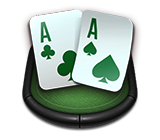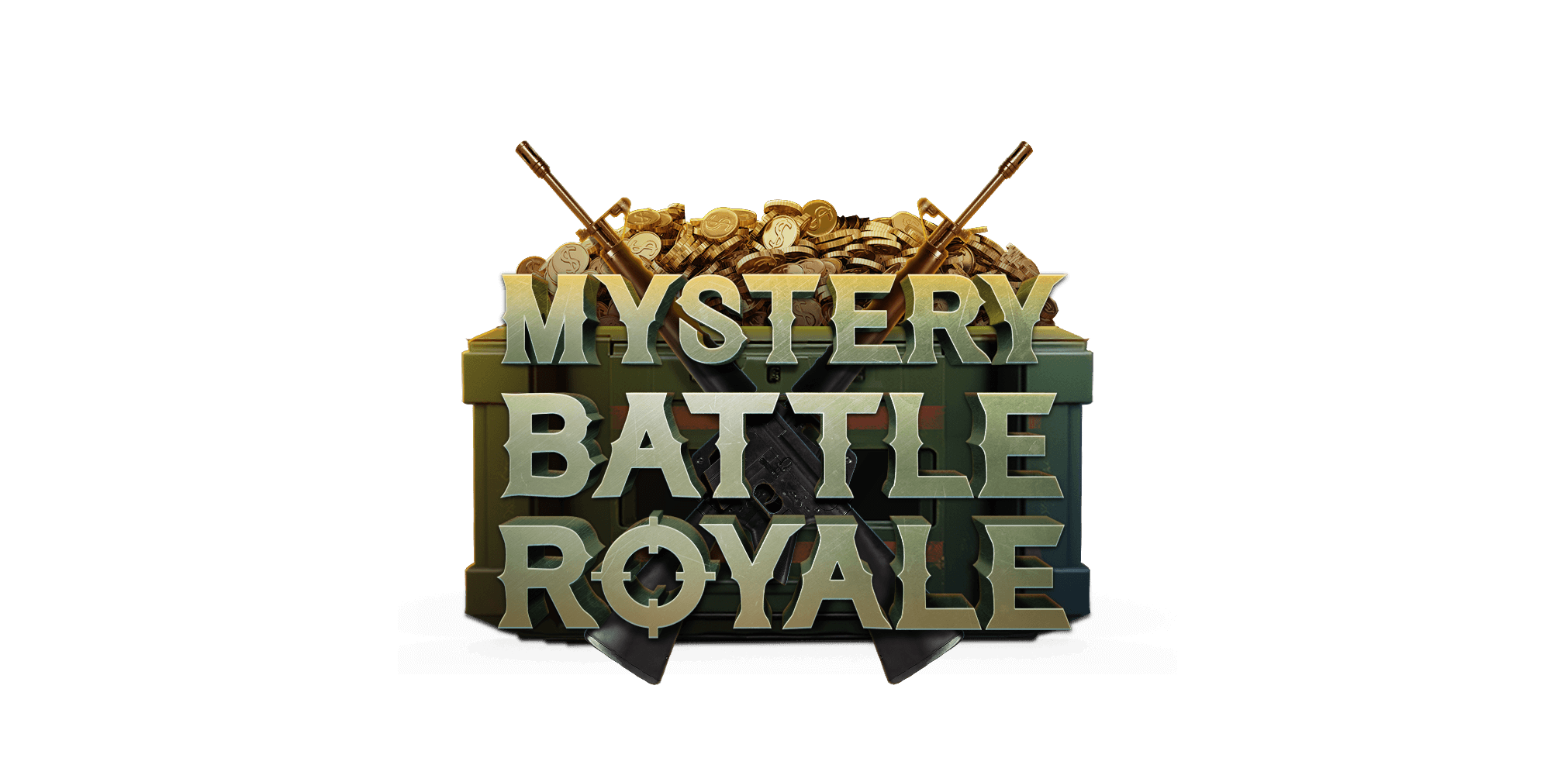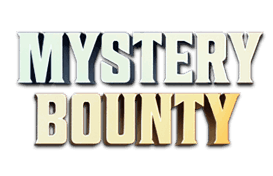
Many of today’s top poker pros believe that cold calling in cash games is dead. But are they correct? In this article, we’ll discuss the merits of calling a raise cold and attempt to answer that very question. So please keep reading to find out whether or not you should employ the cold-call strategy in your poker bets.
What Does Cold Calling Mean in Poker?
Before we get into the theory, we’d better make sure that we understand what is meant by saying that a player “calls cold”. A player is said to be “calling cold” if they decide to make the call without having any money in the pot after the middle position player raises the bet.
So, for example, Player A bets the flop, and Player B raises. If Player C calls, it would be described as cold calling. They are covering the entire bet plus raise without having invested anything on this street.
But if it had folded back around to Player A instead, a call here would not be a cold call. Player A made the initial bet so, of course, they already have chips at stake.
Cold Calling Pros And Cons
 Okay, so let’s now take a look at the positives and negatives of calling cold in poker. Before we begin, just a quick reminder that we are talking about cold calls in poker cash games, as opposed to poker tournaments.
Okay, so let’s now take a look at the positives and negatives of calling cold in poker. Before we begin, just a quick reminder that we are talking about cold calls in poker cash games, as opposed to poker tournaments.
Naturally, both forms of poker have quite different strategies. Cold calling is fairly reasonable in many tournament situations, especially when an ante bet is involved, as this affects the pot odds.
Negatives
Here are the main downsides cited by those who don’t believe in cold calling in poker:
You risk a player behind making a squeeze bet and putting you in a tricky spot
Winning the pot there and then is out of the question
You encourage players behind to make calls that might have folded into a raising bet
These pots often end up with multiple players, thus lowering your own hand’s equity
Benefits
There are some clear positives to a cold call in poker too, including the following:
Calling allows a degree of pot control, making a flop a little cheaper to see
Poor players acting after you may be drawn in by the size of the pot and encouraged to call with weak and speculative hands
Small Blinds aside, you will be in position post-flop in the likely event that nobody else calls behind
So Should You Ever Cold Call?
 There are definitely some benefits, so we would argue that you can occasionally justify a cold call in poker cash games. However, you should only employ this strategy in a few very specific situations. Let’s look at them now.
There are definitely some benefits, so we would argue that you can occasionally justify a cold call in poker cash games. However, you should only employ this strategy in a few very specific situations. Let’s look at them now.
Weak Players Left To Act
It goes without saying that you should look to engage fish at every possible opportunity. A poor opponent naturally has everyone else at the table licking their lips. So, if you have one or more players behind you, this can be a good cold-calling spot.
If you raise, you increase the chances of pushing them out of the pot. But with a cold call, they’ll see the pot growing. This will tempt them into placing some bets, as they’ll note they have a chance to win a potentially big amount even though comparatively they have not invested that much.
While that’s not a terrible idea, a poor player will make bad decisions in terms of which hands to use. They will speculate too much and overplay all kinds of junk. And forcing opponents into errors can only be a good thing - it raises the possibility that the money you have invested will not go to waste!
Avoid Squeezers
If you are up against a table full of maniacs who love to 3-bet squeeze, forget about cold-calling. This point is the likely reason why a new generation of players dislikes cold calling in poker. After all, playing modern poker is much more aggressive than it used to be.
However, if the players left to act are passive and don’t frequently come in for 3-bets, give it a go. You’ll see many more flops and have a better chance for your hands to realise their equity.
Live Poker
 Online cash games are a different beast to live poker. Since players have to travel to a physical card room, expending effort and money, they tend to play more hands and accept more risks. You don’t want to turn up only to play no hands all night, right? So pots are more frequently contested multiway by the players and preflop raises tend to be larger as a result.
Online cash games are a different beast to live poker. Since players have to travel to a physical card room, expending effort and money, they tend to play more hands and accept more risks. You don’t want to turn up only to play no hands all night, right? So pots are more frequently contested multiway by the players and preflop raises tend to be larger as a result.
So keep that in mind when thinking about a cold call in a live poker game. You’ll need to adjust accordingly. Perhaps remove some of the hands from your cold-calling range that would make weaker flushes and straights. Since everyone is playing more speculatively, such drawing hands are common. And you don’t really want to be on the end of a flush on a flush bad beat.
Final Verdict On The Cold-Call Strategy in Poker
So, what’s the answer? Well, as we have shown, we believe that you can employ a cold-calling poker strategy in certain spots. If one player decides to raise, and the second one goes on to re-raise from the middle position, then you can try cold calling. It is worth taking into account that the players in the blinds (forced bets) can't cold call because they have already invested their money - they can just call or defend.
This poker-playing strategy is controversial, but there are three situations where it can turn out to be beneficial. First, when you have weak opponents playing after you. Next, if you don't have anyone who often raises the stake with a 3-bet squeeze. Last but not least, when you are playing poker in person rather than online because if someone has invested their time and money to come to a physical place, they are more often in a position to take a higher risk.
And most of the best solver software agrees with that assessment. However, the game of No-Limit Texas Hold’em is not yet fully solved, and may never be. So, in truth, nobody knows with 100% certainty. The debate among poker players goes on.
Sign up for a free account with Natural8 and start playing today! And don’t forget to subscribe to our newsletter to get the latest poker tips as well as info on upcoming poker events.

.webp)




























